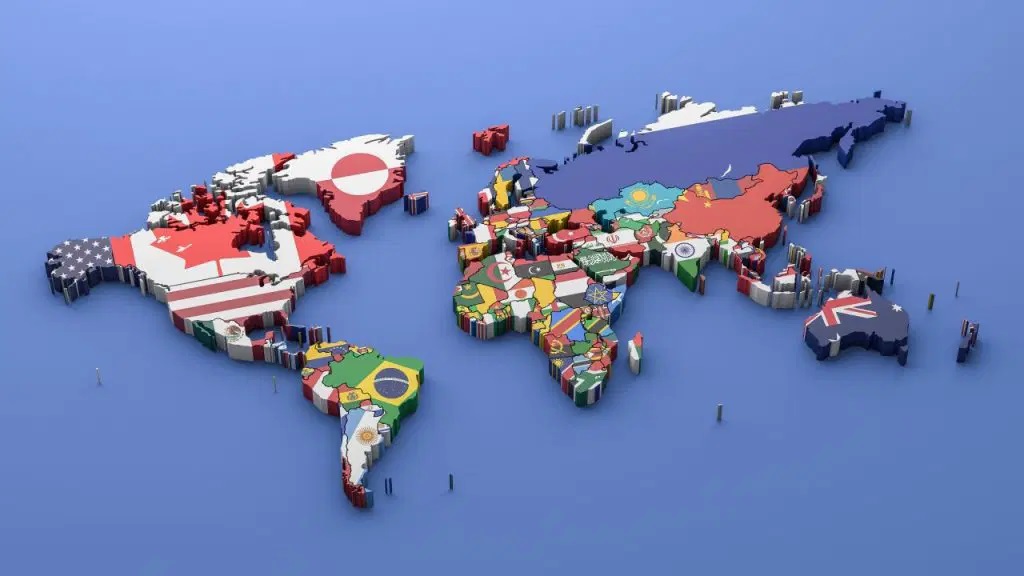Today, the world has 195 recognised countries, including some of the newest nations to join the global community.
New countries often come from independence struggles, the breakup of larger nations, or international agreements. These countries face challenges like building stable governments, growing their economies, and creating a national identity. The newest country in the world, South Sudan, became independent in 2011.
Here are the five newest countries in the world:
South Sudan
South Sudan became independent on July 9, 2011, after years of conflict with Sudan. The Comprehensive Peace Agreement (CPA) in 2005 allowed South Sudanese to vote for independence in a 2011 referendum, where 98.83% chose to separate. Its capital is Juba, and it became the 193rd United Nations member state soon after. Despite independence, South Sudan has faced challenges, including a civil war from 2013 to 2020, causing a humanitarian crisis.
Montenegro
Montenegro declared independence on June 3, 2006, after a referendum where 55.5% of voters supported separation from Serbia. This ended the State Union of Serbia and Montenegro, which had replaced Yugoslavia. Montenegro’s capital is Podgorica, and it joined the United Nations on June 28, 2006, as the 192nd member state. Montenegro has worked toward joining the European Union and became the 29th member of NATO on 5 June 2017 when it deposited its instrument of accession to the
North Atlantic Treaty with the U.S. State Department in Washington, D.C.
On 7 June 2017, The Flag of Montenegro was raised at NATO Headquarters in a special ceremony to mark the country’s accession to NATO.
Serbia
Serbia became an independent state on June 5, 2006, after Montenegro’s decision to separate. Serbia, as the successor state of Serbia and Montenegro, retained membership in international organisations, including the United Nations. Its capital is Belgrade. Serbia is focused on economic growth and aims to join the European Union while dealing with the unresolved status of Kosovo, which declared independence in 2008.
Timor-Leste
Timor-Leste, also called East Timor, gained independence on May 20, 2002, after decades of Indonesian occupation. In a UN-backed referendum in 1999, most voters chose independence, despite violent resistance. Its capital is Dili, and it became the 191st United Nations member state in 2002. Timor-Leste is rebuilding its economy and infrastructure, relying heavily on oil and gas resources.
Palau
Palau became independent on October 1, 1994, after being a United Nations Trust Territory under U.S. administration. Its independence was formalised under a Compact of Free Association with the U.S., which provides financial aid and defense support. Its capital is Ngerulmud, and Palau joined the United Nations on December 15, 1994.

